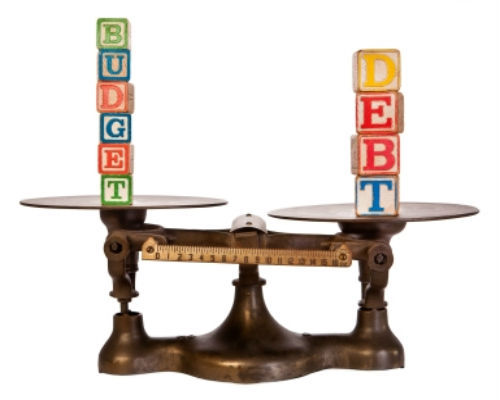
Personal Finance is more or less like the game of Candy Crush. Those who have been too much engrossed in their Facebook profiles or have been anywhere near their Android or iOS machines, probably have been playing or have seen someone playing this crazily addictive game. Now, most people would be wondering the connection between Candy Crush and personal finance.
In Candy Crush, one proceeds to the later stages without losing a single life, only to find a seemingly easy stage turning into a challenging affair. The players are left with no option but to stick at that level for days or even weeks. Life is no different. People can hum along comfortably for days, weeks, months or years, leading an easy going life, only to find something stopping them from proceeding on the same track. This something often comes from nowhere and holds the capability of making life challenging. It can either be a major unexpected expense, job loss or one of a thousand other things.
Whether playing Candy Crush or the game of life, moving in a well-planned and watchful manner is the only solution to deal with challenging stages. If a major expense comes in the way, one needs to figure out the probable methods at the disposal for paying it off. Having a contingency fund can help in dealing with the expenses and getting back on feet easily.
Why is Personal Finance Important?
The fear of interruption in the regular flow of income when one needs to deal with something out of the ordinary like raising a child, purchasing a new asset, paying for higher education, starting a new business or dealing with any other unexpected expenditure can make one go crazy. If there was a comfortable cushion to fall upon, taking decisions during such times would be a lot easier. Thus, creating a fund for such foreseen and unplanned contingencies would be an ideal step towards strong personal financial planning.
Income Shortages
Whether such situations arise in due course of time or not, the regular income of an individual is always at a big risk. There is a risk of facing an accident, which is, in most cases, insured or the risk of losing a job, which is definitely not insurable, or just any other kind of risk that might hamper regular income for a certain period. People could be wishing for this risk to part ways with them, even as they put aside some extra money or invest with the aim of availing long term benefits. In order to deal with such situations without any financial difficulties, it is advisable to set aside a contingency fund that acts as an insurance against the income shortage or cessation during tough times.
The contingency fund is necessarily set aside from the regular monthly income. To save a decent sum for problematic or needy situations, one needs to come up with an estimate of the amount that must be saved. There are two methods that can help in making this estimate. The first method is simple and requires keeping aside an amount that would last for about 6-8 months. The second method is to analyse the household expenses and identify the crucial ones that are needed for running the household. Food, utility bills, rent, EMIs, medical expenses and other mandatory expenses should be considered when figuring out the amount of contingency funds to be set aside that can provide for the household during financial difficulties.
Managing Regular Income
When one puts 20% of the monthly income towards saving, it becomes necessary to allot 30% of the remaining income towards the contingency fund, which can be kept in the form of safe, flexible and readily accessible, liquid investments. To pace up the contingency fund development process, one can allocate any additional incomes like incentives, festive bonus or other similar income towards the contingency fund. Enhancing the lifestyle with the extra amount of money can wait, but a misfortune won’t. Tightening the spending and transferring any additional household savings or surplus income to the contingency fund would always be an ideal practice to follow.
Dealing Wisely
The final step towards wise personal financing would be to define the situations that would require withdrawing money from the emergency funds, and be committed towards it. In the event of a contingency, one can choose to liquidate the investment or take a loan against it. However, if there is a risk of interruption in the monthly income, liquidating the investment is the best option as no regular income would be available every month for repaying the loan amount.
On the whole, it is important to allocate as much money as possible towards building an emergency fund. It gives the required peace of mind and confidence for dealing with bad situations and taking tough decisions that might change one’s life completely.